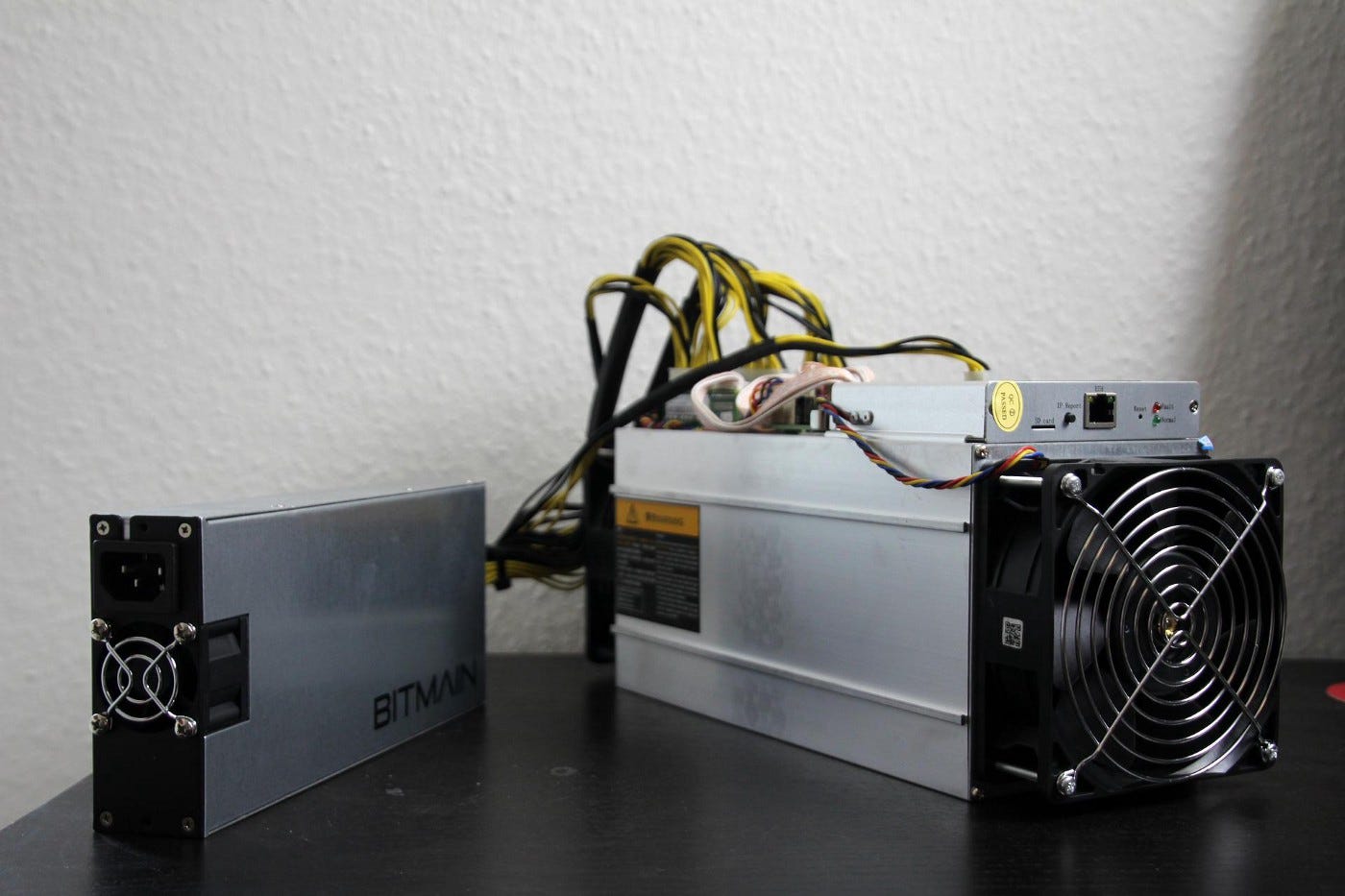As we approach the date of the Ethereum Merge, whereby the current mainnet will combine with the Beacon Chain proof-of-stake (PoS) system, there is increasing discussion about the fate of Ethereum miners, particularly those who have invested significant sums of money, and vast amounts of time and effort, into a functioning ETH mining system.
One proposal, receiving a mixed reception thus far, is to have some ETH miners migrating to the Ethereum Classic (ETC) chain to compensate for the termination of proof-of-work (PoW)/mining on the largest smart-contracts platform. This is possible as Ethereum Classic uses a very similar PoW mining algorithm to Ethereum, Ethash.
Why the lack of enthusiasm about this idea? A major factor here is a hit to profitability by switching from ETH to ETC mining. Based on assumptions made through Crypto Compare, ETC mining resulted in a ~18% reduction in profits, when setting identical parameters (e.g., hash rate, power consumption, unit cost and pool fee). However, this is just based on one comparison website, and the situation could improve over time, though I am not holding my breath.
As an act of defiance, another idea that has been floated is to create another hard fork of Ethereum, (with a new digital asset, ETHW) that will continue to allow mining on the blockchain. However, I find this to be superfluous, particularly as we already have an established alternative (Ethereum Classic), which will continue PoW operations.
Moreover, with the increasing emphasis on adopting more energy-efficient systems to operate these blockchain networks that can be achieved through PoS consensus algorithm, I am dubious about the medium to long-term performance of this price, and how much traction ETHW will gain in general. Ethereum Classic, on the other hand, as a well-established team and supporter base behind it, and will most likely be the beneficiary of excess Ethereum miners joining its network.
What is Ethereum Classic and how does it differ to Ethereum?
Back in 2016, the Ethereum Foundation decided to split from the original chain and maintain the Ethereum name with the new system. On the other hand, Ethereum Classic preserved the initial chain and has continued operating that since the split.
Due to a hack on an application operating on Ethereum, the Ethereum Foundation decided on a hard fork to reverse some transactions for affected users to recoup lost funds. This causes a rift between stakeholders in the two communities, thus leading to the newer Ethereum chain we have at present (with the ETH crypto).
Despite their similarities, they are both distinct chains, and Ethereum Classic is incompatible with any Ethereum upgrades.
For a comprehensive understanding of the two blockchains, Binance has provided an excellent overview and side-by-side comparison, available here.
Why can’t ETH miners switch to BTC mining?
It comes down to two major issues:
— It depends on the mining equipment used. Firstly, if miners are using a series of GPUs to mine ETH at present, then it is not possible to mine BTC, as the latter requires application-specific integrated circuit (ASIC) miners to make the process more efficient (as opposed to CPUs and GPUs, which were used once upon a time when the Bitcoin network was considerably smaller).
— In regards to these who use ASIC miners to create ETH, they are programmed to only mine crypto assets that use a specific type of mining algorithm, Ethash. Compare miners designed for Ethash with those who mine cryptos utilising the SHA-256 algorithm (as used for Bitcoin, Bitcoin Cash and some other assets).
How likely is that Bitcoin will follow Ethereum’s plan?
In reality, this is improbable, not just for the foreseeable future. However, if Ethereum’s network were to operate both reliably and consistently after The Merge with minimal issues, and fully execute important upgrade such as sharding and rollups, then this could provide a compelling argument for Bitcoin to ditch PoW.
In spite of this, I still believe it is unlikely, especially with even more invested in the Bitcoin ecosystem than Ethereum; this is not just in dollar value, but would also relate to Bitcoin miners and other vested interests preferring to maintain the system used since the foundation crypto’s inception in 2009.
Most importantly, the change should not happen in principle: one of Bitcoin’s major drawcards is its immutability; any fundamental change to its structure would compromise this, and jeopardise trust and overall security in this system.
So, what’s the solution? Rather than venturing down the road of a complete overhaul to the system by shifting from PoW to PoS (and creating additional problems between certain groups of Bitcoin stakeholders), the most sensible option would be to rapidly increase the amount of renewable energy being used to power both the Bitcoin network and the mining hardware.
However, there is a caveat. Expanding on renewable energy infrastructure in a given area needs to be done in a manner that is not detrimental to everyday energy consumers, and ensure that measures are simultaneously taken to decarbonise the overall energy grid, not just crypto-mining operations.
Alongside the need to adopt cleaner forms of energy, there should also be a push to take advantage of waste energy, and converting the excess heat from mining equipment to warm up homes, chicken coops and greenhouses. Hence, by implementing innovative ideas, there is a lot of potential to significantly reduce the overall environmental impact of crypto mining whilst simultaneously retaining the PoW system for multiple blockchains.
In summary, I believe some ETH miners to transition to ETC and bank on a rise in the coin price (either by a market-wide bull run, which people are anticipating to occur post-Merge, greater adoption of ETC, or a combination of the two). Others might seek to repurpose their ASIC miners designated for Ethash to be subsequently used for Bitcoin mining, and individuals with a small-to-medium setup might opt to delegate hash power to hashpower marketplaces/ mining pools that mine an assortment of PoW crypto assets.
None of this is financial advice and I am not a financial advisor. Please do your own research prior to investing in any crypto assets, let alone any product affiliated with this space.
Originally posted on Medium: https://cryptowithlorenzo.medium.com/ethereum-mining-post-merge-will-bitcoin-follow-suit-de72166636a1






